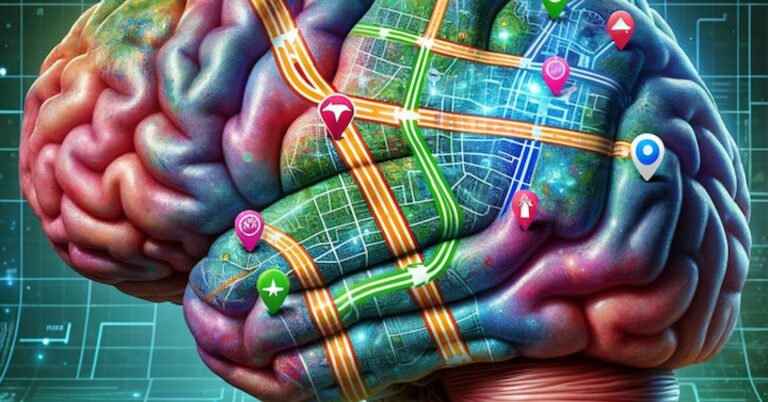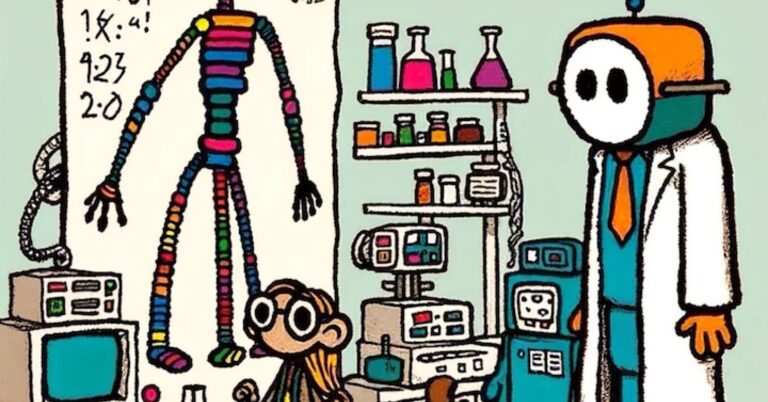
Source: Image by RM Healthcare from Pixabay.
Change is at hand. And in healthcare, a transformation is unfolding, one that reimagines the traditional, physician-centric model through the lens of technology and collaboration. This narrative is about an evolution, in which the introduction of artificial intelligence is not just an upgrade to existing systems but a transformative force that redefines roles, reshapes teams, and rethinks how healthcare is delivered globally.
At the core of this transformation is the recognition of the invaluable role played by the entire spectrum of healthcare professionals–nurses, pharmacists, midwives, and others–and the empowerment they may receive from AI. The integration of AI into healthcare shifts the focus from a time-honored but antiquated modality of the singular dependence on physicians to a more collaborative, multidisciplinary approach, amplifying the capabilities of all healthcare providers and fostering an ecosystem where each member contributes significantly to patient care.
Expanding Roles and Elevating Care
The integration of AI into healthcare presents a scenario in which a nurse, augmented by predictive analytics, can foresee and avert patient complications, or a pharmacist, guided by deep learning algorithms, becomes more integral to care and not just filling the prescription. These professionals, armed with AI tools, are no longer confined to the boundaries of their conventional roles. Instead, they assume expanded responsibilities, engaging in proactive and informed decision-making that enhances patient outcomes.
In this evolving healthcare landscape, with AI empowering various roles within the team, the role of the physician is not diminished but rather optimized. AI’s integration into healthcare enhances the physician’s capabilities, allowing them to focus on the more complex and nuanced aspects of patient care that require their expertise and judgment. With AI handling routine diagnostics and data analysis, physicians can dedicate more time to patient interaction, complex case management, and strategic decision-making. This shift doesn’t eclipse the physician’s importance; instead, it amplifies their impact by freeing them from the constraints of mundane tasks, thereby elevating the overall quality of healthcare delivery.
Global Impact and Local Empowerment
The transformative power of AI in reshaping healthcare team dynamics holds critical implications, especially in the developing world and areas with limited access to physicians. In these regions, the traditional physician-centric model often falls short due to scarce resources and a limited number of medical professionals. AI’s integration into healthcare teams presents an innovative solution to these challenges, fostering a new paradigm of local empowerment and global impact.
In areas where physicians are few, AI-enabled healthcare workers such as nurses, pharmacists, and midwives can fill critical gaps. These professionals, augmented by AI tools, can perform complex diagnostics, manage chronic diseases, and offer specialized care that was traditionally the domain of physicians.
Moreover, the deployment of AI in these settings isn’t just a stopgap measure; it’s a sustainable model for long-term healthcare improvement. It empowers local healthcare workers, enhances their capabilities, and elevates the standard of care in underserved areas. The continuous learning aspect of AI ensures that these professionals remain at the cutting edge of medical technology and practice, despite geographical or resource limitations.
In essence, the introduction of AI in healthcare teams is a potential game-changer for developing regions with scarce medical resources. By redistributing responsibilities and augmenting capabilities, AI is not just bridging the gap in healthcare delivery but also laying the groundwork for a more resilient, responsive, and equitable healthcare system worldwide.
Addressing Professional Satisfaction and Growth
The integration of AI in healthcare is not just transforming patient care, but it’s also significantly enriching the professional landscape for healthcare workers. This technological revolution is pivoting the industry away from routine, manual tasks, and steering it toward a more engaging and satisfying work environment that emphasizes human interaction and personal growth.
In this AI-empowered healthcare ecosystem, roles are being redefined. Nurses, for instance, leveraging AI for monitoring patient vitals and administrative duties, find more time to engage in direct patient care, an aspect of their job that is deeply fulfilling. Pharmacists, aided by AI in managing complex drug interactions, can focus more on patient education and direct consultations, adding greater value to patient wellness.
This technological shift is also an educational catalyst, encouraging continuous learning among healthcare professionals. As AI becomes more integrated into healthcare systems, professionals are prompted to stay abreast of the latest technological advancements, enriching their roles and expanding their career horizons. The demand for soft skills, such as empathy and effective communication, is heightened, adding a new dimension to the scope of healthcare roles.
A Human Touch Empowered with AI
The integration of AI into healthcare is more than just a technological advancement; it’s a catalyst for a fundamental shift in how healthcare is conceptualized and delivered. By moving away from a physician-centric model to a more inclusive, AI-powered team approach, healthcare can be transformed into a system that is more accessible, efficient, and satisfying for both providers and patients. It’s a step toward a future in which technology and human expertise combine to create solutions for a healthcare system searching for a new and impactful path forward.




















+ There are no comments
Add yours